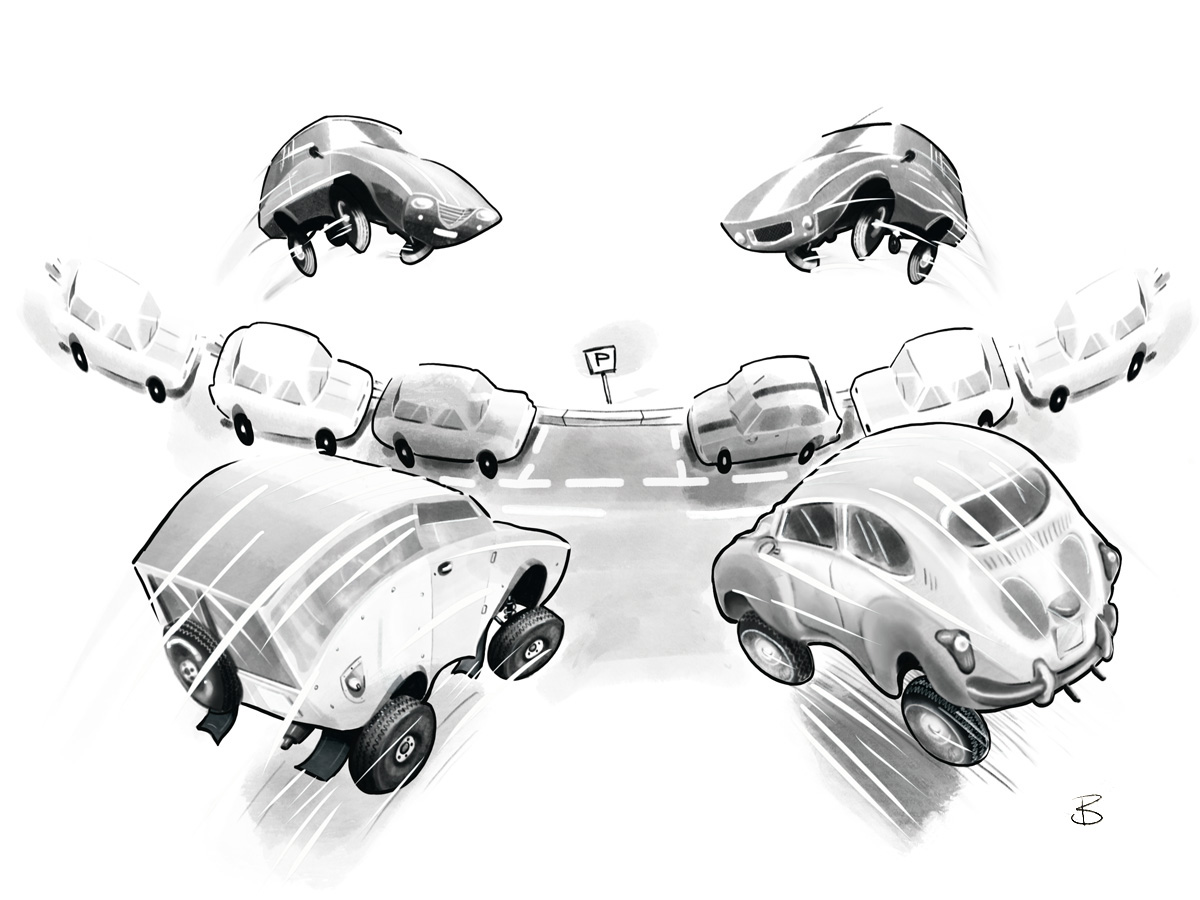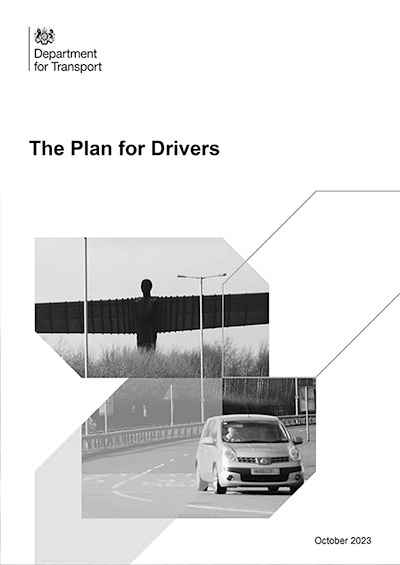Posted on 25 January 2024 by Jeff Fuge | Reading time 1 min
‘One Ring to rule them all, One Ring to find them, One Ring to bring them all, and in the darkness bind them.’ Afficionados of The Lord of the Rings will recognise this bit of Elven verse. But swap ‘Ring’ for ‘Parking App’ and it sums up the car-parking ideas outlined by the goverment in their recent Plan for Drivers.

One app to rule them all, one app to bind them
Rightly, the government cites the frustrations drivers have with going somewhere new. Such as driving into a council car park and finding that to pay to park using your smartphone you need a different app to the six you’ve downloaded and signed up for previously.
Where parking apps potentially remove friction from the parking payment process, the current situation with multiple apps is like trying to pay with cash, only to find the car park you are visiting uses a different currency. Better take a pocket full of Euros and Dollars and Yen as well as Sterling next time.
Anyway, the government’s solution – which they say has been successfully trialled in Manchester and will be rolled out across England by the autumn of 2024 – is the development of a National Parking Platform (NPP).
This will make all parking apps interoperable, so whichever is your favourite, you can use it anywhere and everywhere. It’s a good idea and the principle is a worthy one. It makes paying for parking quicker and easier whichever local authority car park you visit.
The sooner this is rolled out nationwide the better.
One app to find them
But the second part of the government’s aim with their parking platform is to give drivers real-time info on the availability of parking spaces.
Rather than joining hundreds of cars trawling around looking for a space, your favoured app (via the NPP) will let you know where spaces are available.
Handy, huh?
The government certainly thinks so. But I struggle to see how this can work.
Picture the scenario. Saturday afternoon, people are driving into town to go to the shops. Regent Road Car Park has 200 free spaces. Your parking app shares this good news with you and sends you that way.
However, 300 other drivers are also heading into town, all ahead of you.
You’re most of the way to the car park when the app notifies you to say sorry, Regent Road Car Park is now full… but there are 50 spaces at the Central Circus Car Park.
Even if there are only 30 other app users getting this info at the same time as you, there may be 50 additional drivers who are not using the app and just turn up at that car park – and do so ahead of you.
Conversely, the app might tell you that Central Circus is full… but what it doesn’t know is that the matinee at the theatre just kicked out, and 150 people are about to head home.
So of you toddle to the less-conveniently located Baldwin Place Car Park (25 spaces free) then get another alert saying 20, no 50, no 100, no 150 spaces are now free at Central Circus.
And all of this is with car parks controlled by barriers or other systems where occupancy levels can be measured exactly.
Trying to get the app to advise on the availability of on-street parking could be another level of madness and futility.
It would require CCTV with AI monitoring to spot spaces becoming available. Or it would need tech in the road surface within each space to detect the presence or absence of a vehicle and report back to the app. But often referred to as ‘bay sensors’, this tech only works if there are marked bays, not just one long kerbside zone.
And even if you do get an alert saying there are a few spaces on Clifton Row, they could be gone moments later, with other drivers diving in (which again they could do irrespective of whether they use the app).
So, what’s the solution? How about booking a space before you get there?
I’ve got my reservations!
The road to parking hell
For example, it’s 9am and I want a space at 11am for an hour. So I book it through my app. (It’s space 36 on level 3 of Central Circus and is the last available space in the car park at that time.)
First problem is what happens when someone drives into Central Circus at 10.15am and wants to park for an hour.
Assuming there is a way a non-app user could be informed that space 36 on level 3 is available now but needed at 11am sharp, that’s bloody annoying! If you need an hour, you need an hour! 45mins isn’t enough, so you then have to trawl around to find another space.
And space 36 with it’s awkward 45mins of availability sits empty and not earning revenue.
So, how about charging a premium? You can reserve a space, but only from the time of booking till the time you leave. So you’re paying for the empty space from 9am till you arrive at 11am as well as the hour you’re actually parked.
Some people would happily fork out for that – it may be price worth paying to avoid the not-so-merry dance around the town’s car parks in search of a space. Plus, there’s the prestige of being someone who reserves parking spaces! (The app would be sure to offer the chance to share details of your reservation via social channels so you can say ‘Look at me, I just reserved a parking space! Aren’t I special!‘)
Sarcasm aside, the reservation approach does not solve the core problem of optimising parking as it turns vacant parking capacity into a luxury. A space that would have seen 6–10 cars come and go from it over the course of a day may lie empty for most of the day, barring the hour or two the driver who reserved it was actually there.
Reserving a parking space could therefore do for parking what second-home ownership has done to property prices and housing availability.
The road to parking hell (or motoring Mordor) is paved with good intentions, and a parking reservation app could well be one of them.
